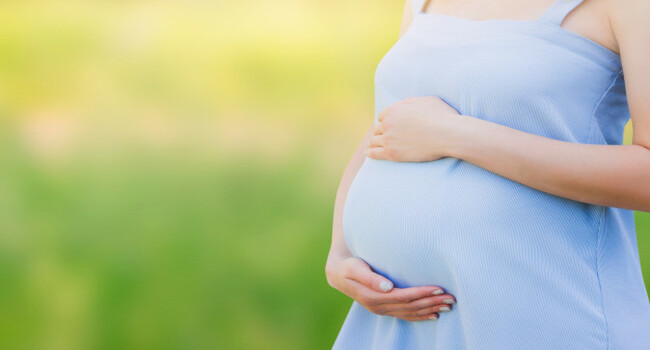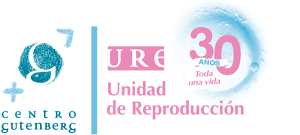Vitamin D and fertility: what we know about how it relates to pregnancy in assisted reproduction

Practically all couples who come to our fertility clinic in Spain looking to conceive are aware that certain habits are harmful to fertility.
Almost all patients know that they need to take folic acid when they are trying to get pregnant. What most people don’t know, however, is that there is another group of micronutrients (iodine, zinc, co‑enzyme Q10 and vitamins E and D), that play an important role not only in trying to conceive but also in carrying a pregnancy to term.
Today we are going to focus on vitamin D as several studies have shown that a significant part of the general population is lacking in this vitamin, and there is also an increasing amount of evidence showing that it impacts both male and female fertility.
Generally speaking, vitamin D plays a direct role in bone metabolism and ensures that the endocrine and immune systems function properly. Insufficient amounts of this vitamin in the diet can have an impact on the appearance or worsening of diabetes, cardiovascular diseases, cancer, obesity and autoimmune disorders.
Vitamin D and fertility
When it comes to female fertility, we know that the ovaries as well as the uterus and placenta have vitamin D receptors, meaning that this nutrient is essential to their correct functioning.
In fact, several studies have found a link between vitamin D levels and parameters relating to fertility and/or pregnancy. For example, scientists affirm that this vitamin is related to the quality of ovarian and endometrial tissue, thus encouraging proper embryo implantation in the mother’s womb.
The European Journal of Endocrinology published a study affirming that women with sufficient vitamin D levels undergoing in vitro fertilisation produced high quality embryos, thus having better chances of conceiving than those who were deficient in this vitamin.
According to other authors, vitamin D levels could also be related to endometriosis, polycystic ovarian syndrome, progesterone and estradiol levels… all of which are important factors in female fertility.
In terms of the male factor and male fertility, scientific studies support the claim that optimum vitamin D levels encourage correct spermatozoid development by improving sperm count and motility while also increasing testosterone levels.
Vitamin D supplements in Assisted Reproduction
The incidence of infertility and vitamin D deficits in the population have led specialists toward new treatment approaches that may include the use of vitamin D supplements in couples who are having trouble conceiving.
In the latest issue of Human Reproduction, results were published following a review and meta-analysis that show a relationship between vitamin D supplement administration and an improvement in live birth rates after assisted reproduction treatment.
These studies show a strong relationship between low vitamin D levels in women and decreased live birth rates following assisted reproduction, in comparison to women with sufficient vitamin D levels. Researchers warn that «although an association has been identified, the beneficial effects of correcting a vitamin D deficiency or insufficiency must be tested with clinical trials.
In the meantime, women who are trying to conceive shouldn’t go running to their local pharmacies to purchase vitamin D supplements until we know more about the effects. Taking too much vitamin D is possible, and overdosing can cause calcium to build up in the body, thus weakening bones and harming the heart and kidneys”.
How to naturally achieve sufficient vitamin D levels
Sunlight is humans’ main source of vitamin D. In this regard our fertility clinic in Spain is in a privileged region, so exercising outside or simply taking a walk to take advantage of the sun’s rays are good options. Some studies have shown that pregnancy rates are higher in summer and autumn, the times of year when woman are exposed to more sunlight.
Another good option is to consume foods such as oily fish, red meat, liver and egg yolks, as these products also contain vitamin D.
These studies still have their limitations and further studies must be carried out and analysed in order to confirm that correcting a vitamin D deficiency in women undergoing assisted reproduction treatments will increase their chances of conceiving.
If you are trying to conceive or are currently undergoing assisted reproduction treatment, at URE Centro Gutenberg we recommend that you consult with a fertility specialist. With a simple blood analysis you can test your vitamin D level, and this analysis is inexpensive and easy. In the event that your doctor (and only the doctor), decides that it is necessary for you to take a vitamin D supplement, taking it is simple and inexpensive.

